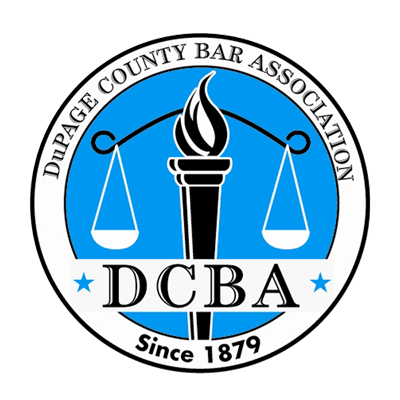
If you are the victim of assault and battery, your assailant may face criminal charges for the offense. However, under Illinois law, you also have the right to file a civil personal injury lawsuit against that person to cover any damages or injuries you’ve incurred as a result of the attack. You may also be eligible for additional compensation from the Illinois state government as the victim of a crime.
Filing a successful assault/battery claim requires you to provide evidence that the assailant attacked you and that their attack caused you physical and/or emotional injury. The help of a skilled Illinois personal injury attorney can help ensure you receive the full compensation you deserve for your injuries.
Defining Assault and Battery
Assault and battery are two separate legal concepts, although they are often used interchangeably. Assault is the act of threatening violence against another person or causing fear of bodily harm, while battery is the actual physical contact that results from the assault. Both assault and battery are crimes in the State of Illinois, and if convicted, the assailant may be sentenced to fines and jail time.
However, an assault victim can also file a civil personal injury lawsuit against the assailant even if the assailant has not been convicted of a crime. This type of lawsuit is filed to recover damages for any injuries suffered as a result of the assault, such as medical bills, pain and suffering, and lost wages. In some cases, the victim may also be able to recover punitive damages, which are damages intended to punish the assailant for their actions.
Avenues of Compensation after an Assault and Battery Attack
If you’re a victim of assault and battery in Illinois, you may have several alternatives for obtaining compensation for your physical and emotional injuries. Let’s take a closer look at these options now.
- Restitution. If your assailant is convicted on criminal charges, the judge may include restitution to the victim as part of the sentence—effectively requiring the defendant to cover the costs of your injuries. You don’t need to do anything to receive restitution—this will happen at the judge’s discretion.
- Crime Victim Compensation. Under Illinois’ Crime Victim Compensation Act, you may be eligible to receive up to $27,000 in compensation from the government to cover expenses you’ve incurred as a result of your attack. You’ll need to submit an application and provide proof of loss (e.g., doctor bills and other expenses) to qualify for this compensation.
- Personal injury lawsuit. You also have the right to file a civil personal injury lawsuit against your assailant directly to recover damages related to your injuries.
- Illinois Dram Shop Act. If your assault occurred in a bar or other establishment serving alcohol, and if your assailant was clearly intoxicated, the Illinois Dram Shop Act allows you to sue the establishment to hold them liable for the attack, as well.
Damages in an Assault and Battery Claim
The types of damages you can claim in a personal injury lawsuit vary depending on the severity of your injuries and the facts of your case. However, some common examples include:
- Medical bills: You can recover actual medical expenses and the costs of rehabilitation.
- Counseling/therapy costs: if the attack has caused emotional or psychological trauma (e.g., PTSD), you may be able to recover the costs of treatment.
- Lost wages/earning capacity (if you’ve been rendered unable to work, temporarily or permanently)
- Scarring or disfigurement: if your income is based on your appearance (e.g., modeling, acting), you may recover losses if you were disfigured.
- Pain and suffering: compensation for the overall physical/emotional trauma of the attack.
- Loss of enjoyment: compensation for your reduced quality of life.
- Emotional distress: compensation for anxiety caused by the attack.
- Loss of consortium: compensation for any way in which the attack affected your personal relationships.
- Punitive damages: in rare cases, the court may award additional penalties if your assailant’s behavior was particularly egregious.
Remember, you may recover damages in an assault and battery lawsuit even if your assailant avoids being convicted of a crime. Your best chance of obtaining a settlement is to hire an experienced personal attorney who can help you with your case. Call the Cullotta Bravo Law Firm today at 630-225-8341, or contact us online.





